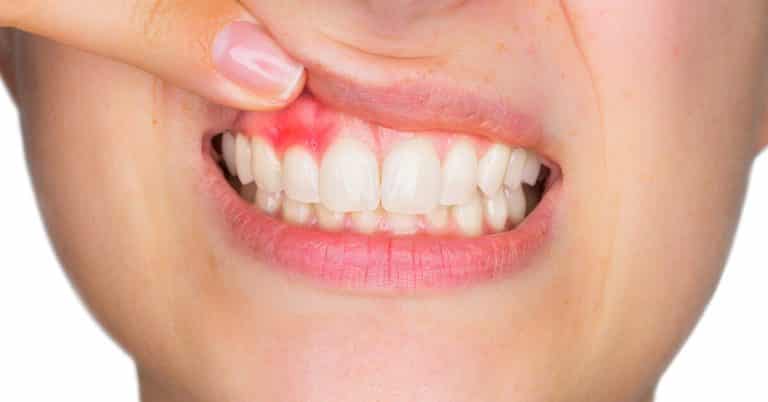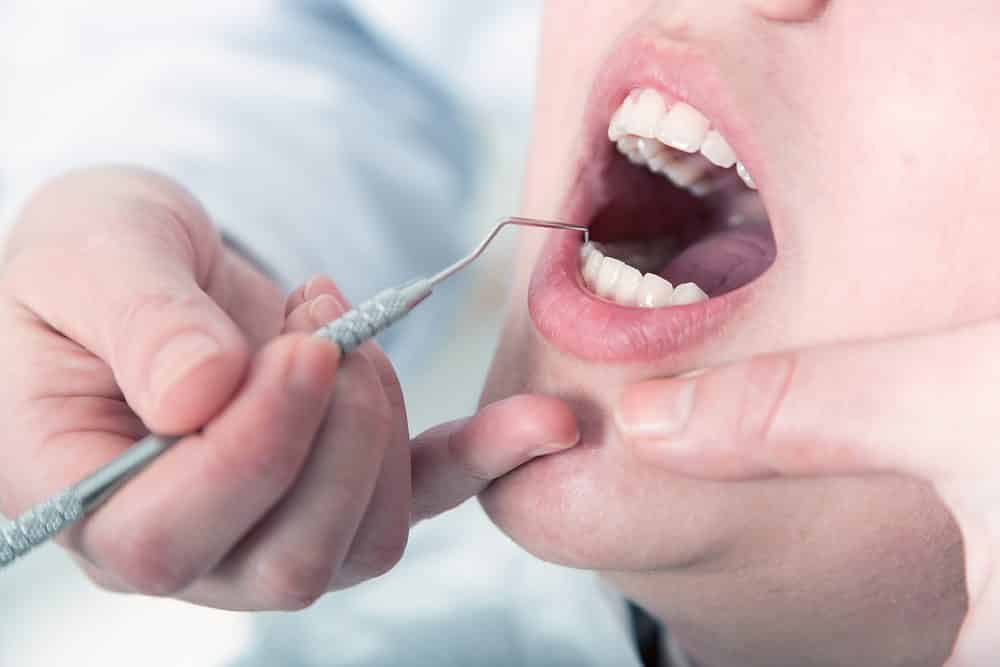Sensitive Teeth Could Be An Alarm Bell For Decay
by Dr. Harmanpreet Kaur | June 14, 2019
Whether you’ve just taken a sip of soda or you’re eating a spoonful of cereals, you can’t get past the weird tingling sensation that’s emitting from your teeth. It is not a phantom feeling, but a real symptom. While this doesn’t necessarily hurt, it’s enough to make you feel annoying. This sensitivity can easily turn into tooth pain if not attended immediately. That’s why your dentist in Plainfield NJ, Dr Harmanpreet Kaur is prepared to explain to you exactly what this sensation is and how you can take care of it.
What Is The Reason Behind Tooth Sensitivity?
Tooth sensitivity occurs when external stimuli reach the dentin layer of your teeth. The dentin layer covers the nerves in your tooth and provides you with an additional layer of protection from external elements. That’s why every time you drink that is hot or cold, you’ll feel sensitivity.
If you’re afraid that your dentin has become exposed or if you just feel sensitivity in general, you should see your dentist. This is because the sensitivity could indicate that a cavity or gum disease is present in your teeth.
Learn more about symptoms of gum disease 
What are the causes of sensitive teeth?
The common causes of sensitive teeth are worn tooth enamel or erosion. This can occur either through chronic teeth grinding or due to frequent exposure to acids in the foods and drinks you eat. It can also occur from gum recession, decay in the tooth, cracked or broken fillings and post dental treatment work done by your dentist. Sometimes getting crowns, fillings and teeth whitening done can lead to tooth sensitivity.
What Are Cavities And How Best To Deal With Them Proactively?
Let’s define what a cavity is – basically, a cavity is the loss of some part of the tooth due to decay because of the acidic reaction that demineralizes the crystalline structure of the tooth. However, there are early signs of that decay that can be detected which only affect the outer covering of the tooth – the tooth enamel. While still confined within that layer, the tooth structure can be re-strengthened externally by means of fluorides or any substance which promotes a re-mineralization of the weakened structure.
When left unnoticed and unaddressed, that decay will then extend beyond that outer layer and into the inner layer of the tooth which makes up the bulk of the tooth which is called the dentin.
It is then when that process “branches out” and the decay spreads deeper into the tooth and leads to a softening of that layer.
At some point, the outer covering of the tooth loses support and collapses. That is what most Dentists consider as cavity and this is when patients must seek out the dentist to restore the broken part of the tooth.
In some cases, however, the decay may go so deep into the tooth without the outer layer being broken until the pain is felt. That pain is a signal that the pulp (‘nerve”) of the tooth is reached and, in that case, a root canal treatment would be necessary.
So, to answer the question, the best way to deal with early signs of dental decay is to actually have your dentist detect them.
If you visit your dentist regularly every 6 months, dental decay can be detected in its early stages and treated before it spreads into the deeper layers. Early cavities can be detected before any pain is felt and treated by conservative and minimally invasive restorations on which modern day dentistry revolves around today.
Know more about cavities and treatments options

What Are My Treatment Options For Sensitive Teeth?
Treatment for tooth sensitivity depends on case to case. For example, if you have a cavity that’s causing sensitivity, a dental filling can be placed to protect your teeth and reduce discomfort. In case your tooth’s dentin has become exposed, your dentist can apply a fluoride varnish or gel using a mouth tray. The dentist also uses a dental bonding agent (sealants) to seal the dentin surface and that protects teeth from external stimuli.
If you know you grind your teeth in the night, ask your dentist about a custom fit night guard. If you’re experiencing tooth sensitivity on a daily basis, schedule an appointment with your dentist in Plainfield NJ today to get it treated!
Located at the border of North Plainfield next to Green brook and Dunellen just off Route 22W, we at Dental Designer provide comprehensive dental care for our patients.

How To Select Dental Insurance For 2020?

Causes Of Tooth Pain | Dental Designer, North Plainfield

